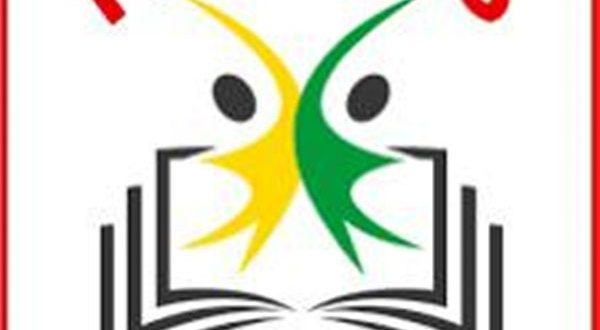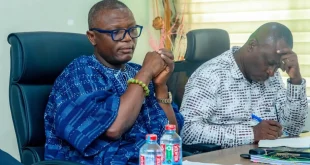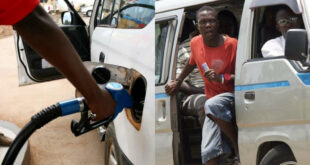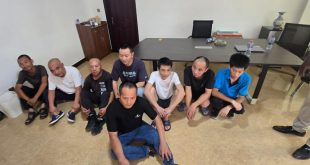Citizens of Ghana are urging the termination of certain important government programs while strongly supporting the continuance of others as the country gets closer to a crucial election year.
Most Ghanaians, 85%, support the continuation of the Free Senior High School program, coupled with the Planting for Food and Jobs program (81%), One District One Factory (71%), and the One Village One Dam policy (60%), according to a recent Afrobarometer research.
Nonetheless, the electronic transactions levy, or E-levy, is strongly opposed by the public, with 79% of respondents supporting its repeal.
41% of Ghanaians said that unemployment was the most important issue, making it their top worry when asked what the government should tackle first.
Healthcare came in third place with 33% of respondents seeing it as a priority need, closely followed by road and infrastructure development at 38%.
These objectives demonstrate the public’s emphasis on observable advancements in connection, job development, and basic services.
The report also emphasizes Ghanaians’ increasing economic difficulties. A startling 82% of people said they had been in poverty at least once in the previous 12 months, with 45% saying they had been in moderate to severe hardship.
Compared to 2017, when just 19% reported experiencing similar economic difficulty, this is a sharp increase.
Seven out of ten respondents said they had gone without cash income at least once in the previous year, and many reported shortages in basic services: 54% said they had trouble getting medical care, 44% said they had trouble finding water, 44% said they had trouble finding food, and 42% said they had trouble finding cooking fuel.
Declining Hope and Unfavorable Evaluations of Government Performance
The majority of Ghanaians were unhappy with the country’s present course, and less than half (45%) thought that things would get better in the coming year.
Public dissatisfaction with the status of the economy and the effects of policies that, many claim, have not sufficiently addressed growing living expenses and access to basic services is reflected in the sharp decline in ratings of the government’s economic performance.
These poll results indicate that Ghanaians want both a change in economic policies that can better address issues including increasing unemployment, infrastructural shortages, and access to high-quality healthcare, as well as continuity in well-liked social programs as the country enters an election season.
In the 2024 elections, the public’s rising economic concerns and the desire for sustainable policies will probably impact political discussions and preferences of voters.
Source: Ghanatodayonline.com
 Ghanatodayonline.com News, Politics, Health, Education & More
Ghanatodayonline.com News, Politics, Health, Education & More




